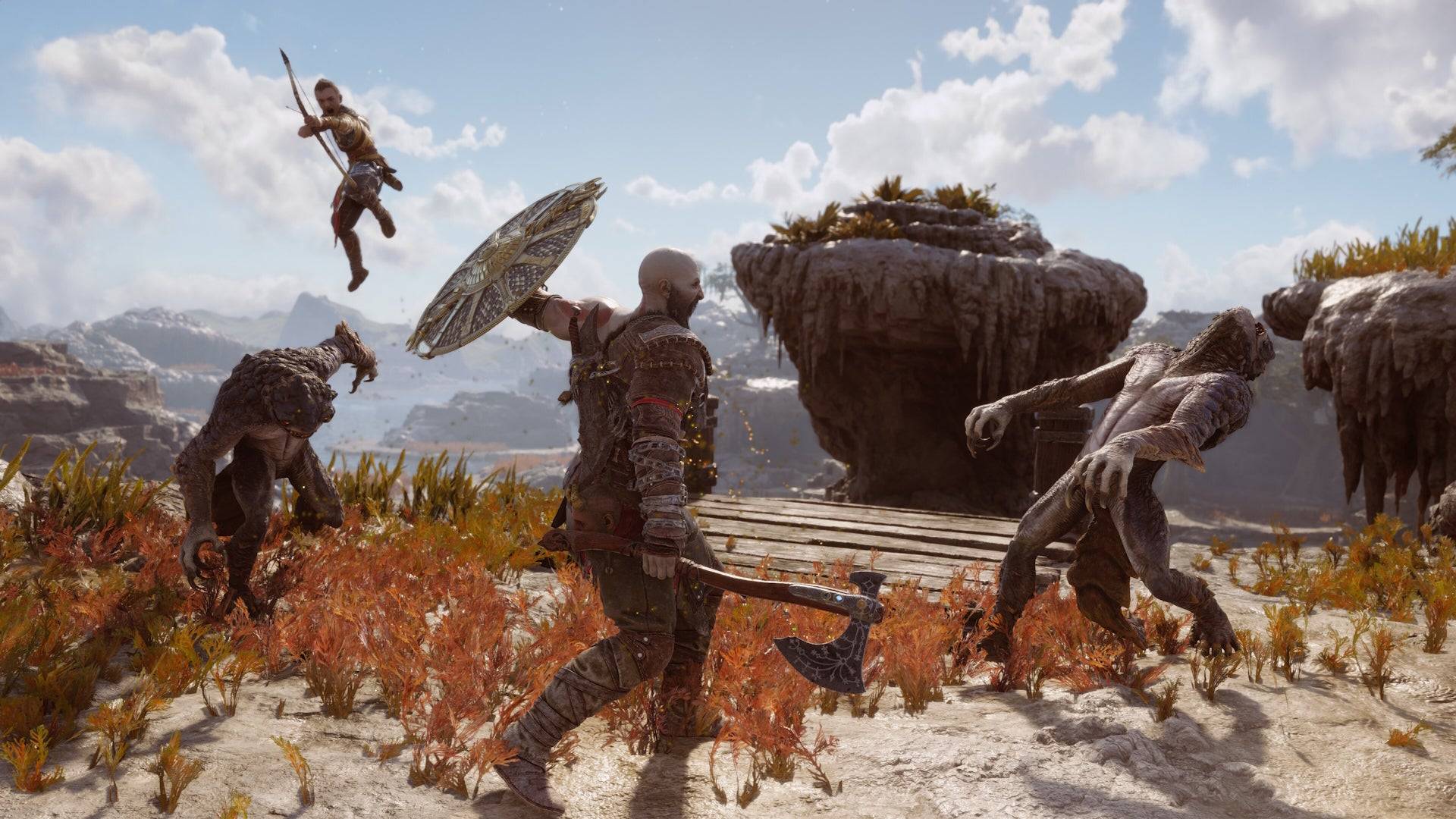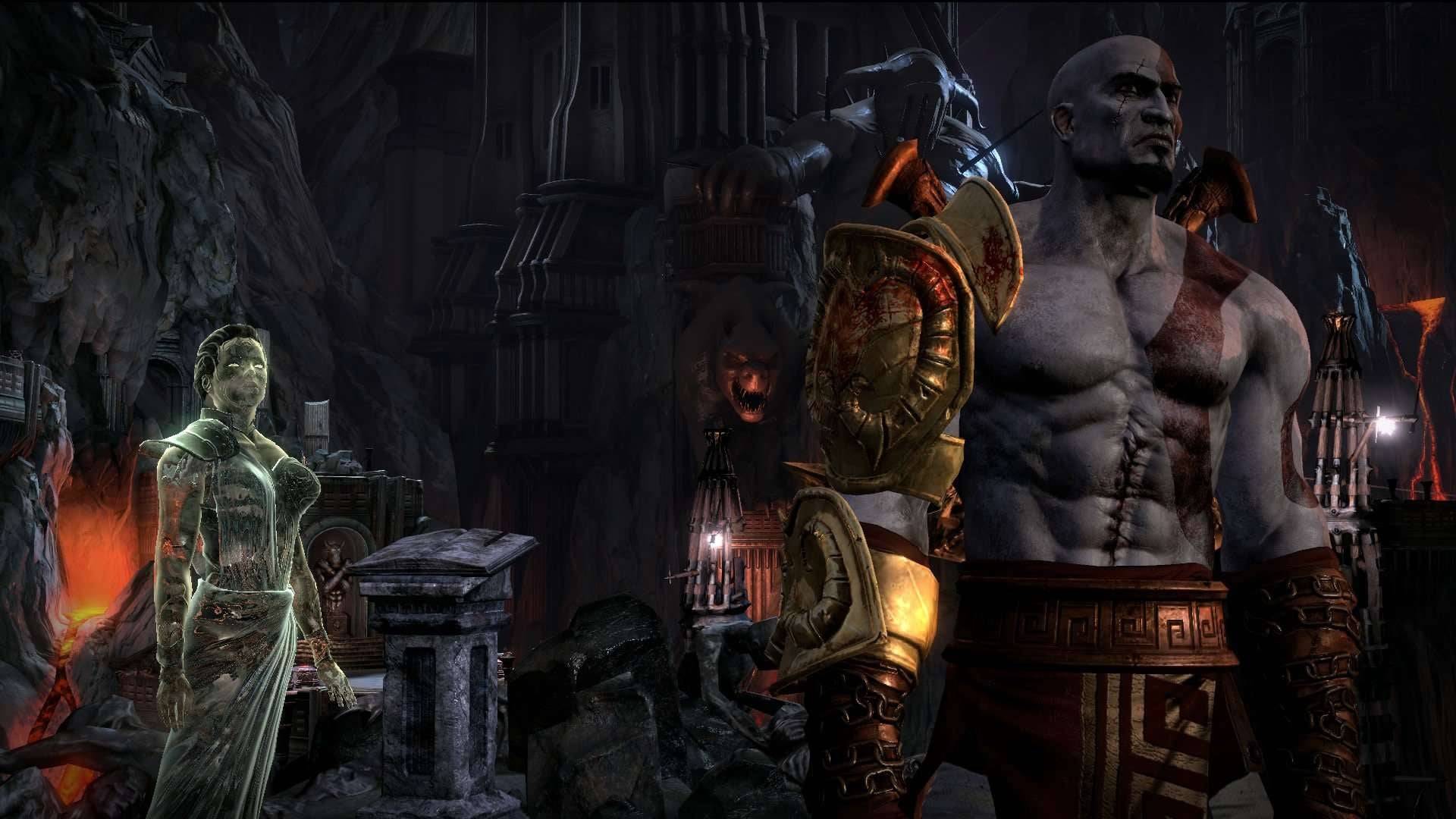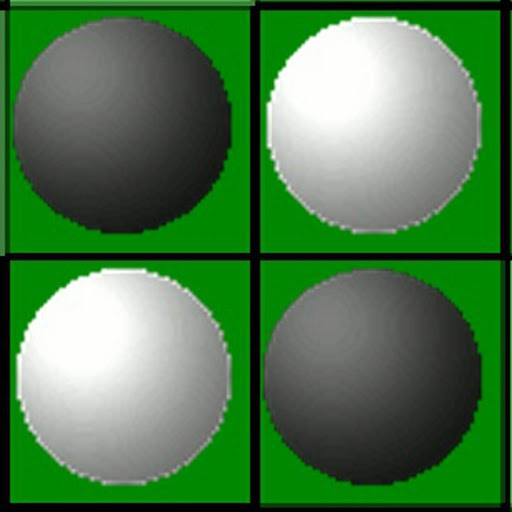The God of War series has been a cornerstone of PlayStation gaming across four generations, beginning with Kratos’ epic tale of vengeance in 2005. Few could have predicted how the once-angry god would evolve over two decades. While many long-running franchises struggle to remain relevant, God of War has thrived by embracing change. The most significant transformation came with the 2018 reboot, shifting Kratos from the realms of Ancient Greece to the rich tapestry of Norse mythology. This change not only altered the series' presentation and gameplay but also set a new standard for narrative depth. Yet, even before this reboot, Sony Santa Monica made numerous smaller yet impactful changes to keep the series vibrant and engaging.
The key to God of War’s future success will continue to be reinvention. When transitioning to the Norse setting, director Cory Barlog expressed interest in exploring other mythologies like Egyptian and Mayan. Recent rumors have reignited speculation about an Egyptian setting, fueled by the allure of its distinct culture and mythology. However, a new setting is merely the beginning. The next installment must reinvent itself as effectively as the transition from the Greek trilogy to the Norse saga, updating and enhancing the elements that made the series iconic.
 God of War's combat evolved significantly for the Norse games, yet it stayed true to the fierce spirit of the original Greek trilogy. | Image credit: Sony
God of War's combat evolved significantly for the Norse games, yet it stayed true to the fierce spirit of the original Greek trilogy. | Image credit: Sony
The series has always been unafraid to evolve with each entry. The original Greek games refined their hack and slash mechanics over a decade, culminating in the polished gameplay of God of War 3 on the PlayStation 3. This final chapter introduced a revamped magic system that complemented the melee combat, offering players a wider variety of challenging enemies and new camera angles to showcase the game's graphical prowess.
The 2018 reboot, however, shifted away from some elements that defined the original trilogy. The Greek games featured significant platforming and puzzle elements, which were largely replaced in the Norse games due to a change to a third-person, over-the-shoulder camera perspective. While puzzles remained, they were adapted to fit the new adventure-focused design.
The Valhalla DLC for God of War Ragnarök marked a return to the series’ Greek roots, both mechanically and narratively. The reintroduction of battle arenas, a staple of the original series, was adapted for the Norse setting. This was mirrored in the story, where Kratos confronts his past in Valhalla at the invitation of the Norse god of war, Týr, completing his narrative arc.
The Norse games brought more than just reinterpretations; they introduced new gameplay mechanics like the Leviathan Axe's unique throwing mechanics, a combat-defining parry system with various shield types, and a magical spear in Ragnarök that added a faster, explosive attack style. These innovations enriched the gameplay as players explored the diverse Nine Realms.
 The original trilogy had strong writing, but the Norse duology elevated God of War's story to new emotional heights. | Image credit: Sony
The original trilogy had strong writing, but the Norse duology elevated God of War's story to new emotional heights. | Image credit: Sony
While the changes in combat and exploration are notable, the storytelling in the Norse duology represents a significant leap forward. The narrative delves into Kratos' grief and his strained relationship with his son, Atreus, uncovering deep truths about their characters. This emotional depth stands in contrast to the more straightforward storytelling of the original trilogy and has been pivotal to the Norse era's critical and commercial success.
God of War's evolution in mechanics and storytelling reflects a bold approach to franchise development. The creators view the Norse games not as traditional sequels but as extensions of Kratos’ journey, a philosophy that should guide future installments.
The mixed reception to Assassin’s Creed's frequent shifts in style serves as a reminder that abandoning a series’ core elements can alienate fans. God of War, however, has masterfully balanced radical reinvention with maintaining the essence of what made Kratos and the series compelling. The Norse games built upon the foundational combat of the Greek trilogy while introducing new elements like Spartan Rage, diverse weapons, and the ability to play as other characters, all enhancing the core experience without losing the series' identity.
Whether the rumors of an Egyptian setting hold true or not, the next God of War must continue to evolve while preserving its strengths. The 2018 reboot focused on refining combat to meet the high standards set by the Greek trilogy. The next game, however, will likely be judged more on its storytelling, the heart of the Norse duology. The transformation of Kratos from a rage-driven warrior to a nuanced father and leader underscores the importance of narrative in the series’ recent success. Future entries must build on this narrative strength while daring to introduce innovative changes that could define the next era of God of War.



 LATEST ARTICLES
LATEST ARTICLES 












